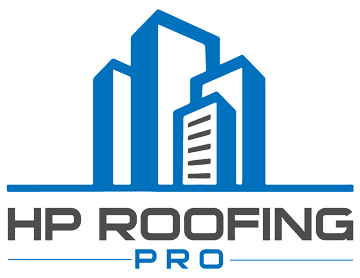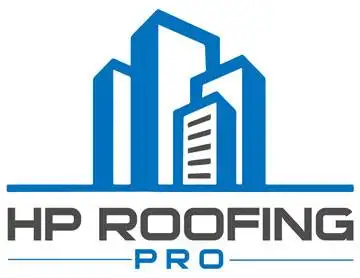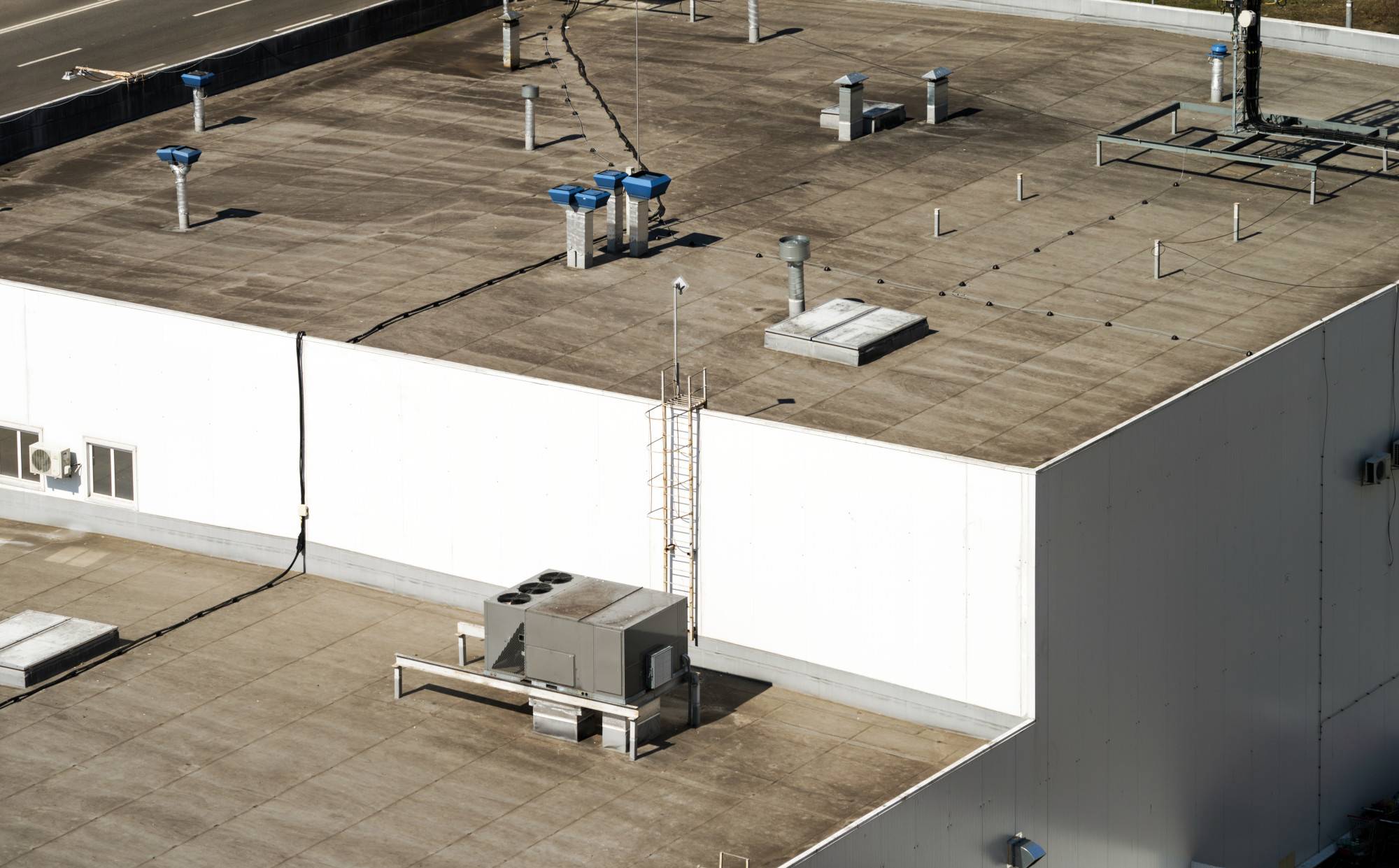Mon - Fri 7:00 am - 4:30 pm
601 South Palm Ave, Alhambra, CA 91803
Posted by thomas ferriere No Comments on What You Should Look For in Commercial Roofing Materials Roofing
What You Should Look For in Commercial Roofing Materials
Studies show that your commercial roofing materials can affect your commercial buildings cooling demands by at least 15%. What’s more, energy-efficient roofing solutions can also earn you some handy federal and state tax rebates.
So, if you’re considering replacing or refurbishing your commercial roof, it’s worth doing your homework first.
Here’s how to choose the best commercial roofing materials for your needs.
Things to Consider Before Replacing Your Roof
Several factors can influence whether you need a roof replacement or if you can get away with repairing it one more time. These are:
Composition
The most important aspect of any roof is the material it’s made from. You should also consider whether your roofs had layers of different material added over the years.
If you’re unsure, a professional roofer can help you get to the bottom of things.
Age of Your Roof
There are two ways to measure the age of your roof, namely chemically and chronologically. The chronological age of your roof is its age in years since you installed it.
External factors, like the weather, determine how fast your roof’s chemical composition ages.
Repair History
It’s vital to keep detailed records of any alterations or repairs done to your roof. These should include photographs and diagrams that accurately represent these changes.
Some fixes, like seam repair, will only reach as far as insulation. Other, while more extensive work, like repairing an internal drain, could expose layers of your roof deck to the elements.
Roof Warranty
Most commercial roofs have some sort of warranty against defects and installation errors. It’s vital to know what is or isn’t covered by your roof warranty.
You could benefit from free roof repair if your warranty is still valid.
Your Budget
Budget is always a major factor for any business. Based on the knowledge above, you should set aside a fixed budget for maintaining your roof every year.
Regular maintenance can prolong the life of your roof, and timely roof inspections can also help delay the inevitable roof replacement.
Major Considerations for Commercial Roofing
When choosing types of roofing for your home, you’ll find an enormous variety to choose from, and your decision depends largely on personal taste. Things aren’t that simple when it comes to commercial roof types.
Since most commercial roofs are low-slope roofing, they face several unique challenges, like:
Size and Weight
It would take way too long to install residential roofing options like shingles or tiles on a large commercial roof. Plus, water would pool up underneath these types of roofing, causing leaks.
When installed in large quantities, these conventional roofing materials are exceptionally heavy too.
Limited Water Run-Off
Water doesn’t run off low-slope roofs as well as it does off pitched roofs. This can lead to pooling, water damage, and leaks.
The best flat roofing systems have drainage systems to limit water pooling.
Wear and Tear
Flat roofs attract a lot of foot traffic since they usually have high-maintenance equipment located on top of them, like HVAC systems, cooling towers, and ventilation fans.
This equipment also adds extra weight to the roof.
Due to their large size, commercial roofs are like a magnet to the sun’s harmful UV rays. These can degrade your roofing materials quickly.
To sum up, the best roofing materials for low-slope roofs should be:
- Lightweight
- Waterproof
- Durable
- Reflective
- Resistant to wear and tear
You must take all the above into account when choosing the best commercial roofing system for your building, or you’ll end up with an expensive roof replacement bill before too long.
All commercial roofing features a vapor control layer on top of a structural roof deck, it’s what you place on top of these that makes the difference to the lifespan of your roof.
These all-important top layers comprise insulation and a roof membrane made of one of the various roofing materials.
Comparing Commercial Roofing Materials
Bituminous roofing is by far the fastest-growing roofing segment in the commercial roofing industry, but there are at least seven different options when it comes to finding your ideal low-slope roof.
BUR roofs are one of the cheapest options. They stand up well to foot traffic, and it’s easy to repair them. Unfortunately, they also have the shortest lifespan of all roof types.
These are your other options:
Metal Roofing
This type of roof’s attractive and supremely durable, although it’s prone to corrosion. It’s expensive to install metal in the large quantities needed for commercial buildings.
Spray Polyurethane Foam (SPF)
This lightweight, versatile material is eco-friendly and a good insulator. It lasts for up to 50 years and is lightweight and easy to apply.
The only drawbacks with SPF are that you can only install it when weather conditions are perfect, and you must get a roof inspection at least once a year.
EPDM Roofing
This durable synthetic rubber roofing membrane is easy to apply by rolling it out across the roof. It’s versatile and long-lasting and also an eco-friendly option since it’s a ‘cool’ roof.
On the downside, this type of roof’s unattractive, and punctures easily when compared with other options.
TPO and Thermoplastic PVC Roof Membranes
These roof membranes stand up well to all types of external factors. These include chemicals, UV light, bacterial growth, fats, and oils.
They’re also heat reflective, resistant to punctures, fire-retardant, strong, and lightweight. Always make sure you work with a reputable roof contractor when installing this type of roof, there are many cheap, poorly made versions of this roofing on the market.
Find the Perfect Commercial Roof
Various commercial roofing materials perform differently according to your location. Some endure for decades in extreme climates while others suit warm or cold weather best.
The best way to find the ideal roof for your building in California is to consult local roofing experts. We can fill you in on the most cost-effective and efficient roofing system for your needs.
Get in touch to find out how we can help you or to request a free roof inspection.
Recent Posts
Categories
Recent Posts
Tags
Do you have any questions?
Contact us at The HP Roofing PRO office or submit a business inquiry online
Contact Us




